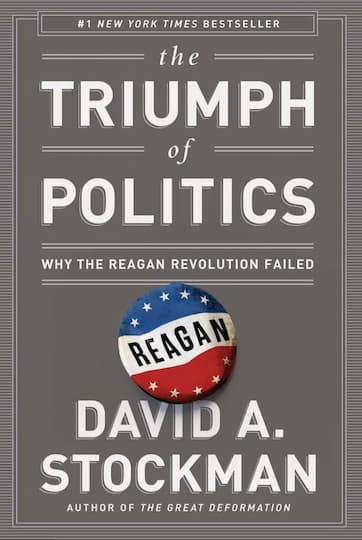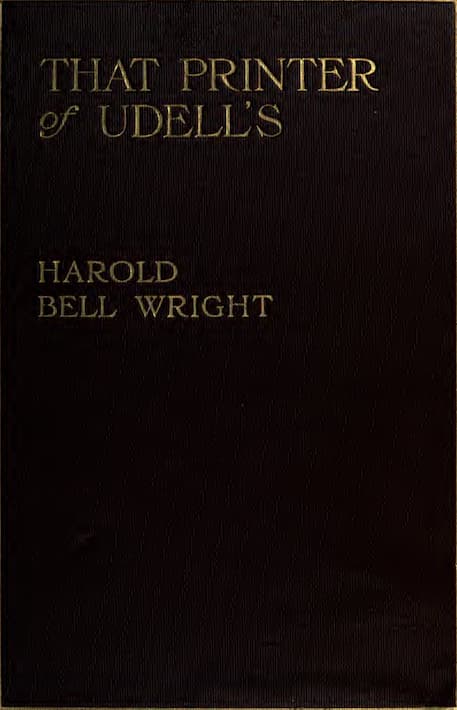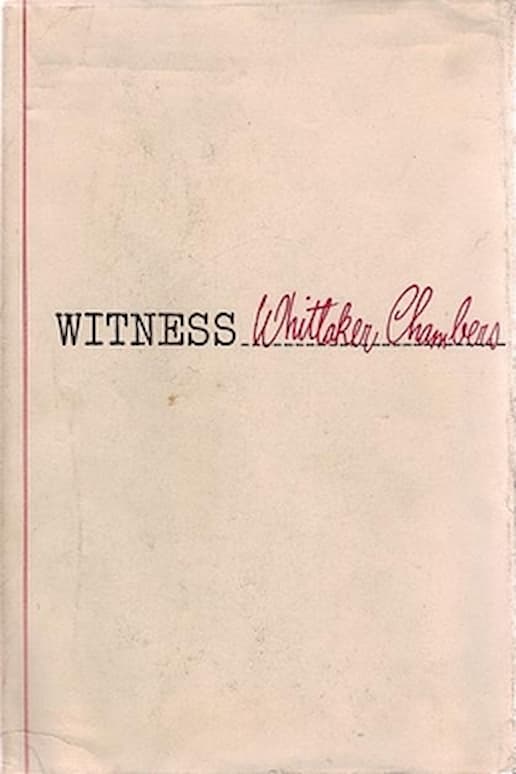David Stockman’s The Triumph of Politics: Why the Reagan Revolution Failed offers an insider’s perspective on the compromises and contradictions that, according to the author, derailed the economic goals of the Reagan administration. As the Director of the Office of Management and Budget (OMB) during Reagan’s first term, Stockman had a front-row seat to the inner workings of the administration. His book is a candid, controversial account that challenges the myths of Reagan’s economic policies.
Stockman’s Perspective: Ambition Meets Reality
At its core, The Triumph of Politics is a story of idealism clashing with political pragmatism. Stockman was one of the key architects of Reaganomics, a sweeping economic agenda aimed at reducing taxes, shrinking government, and balancing the federal budget. However, as he recounts, these goals were often undercut by political expediency and resistance from various factions, both inside and outside the administration.
Key Themes in The Triumph of Politics
- The Vision of Reaganomics:
Stockman outlines the original goals of the Reagan administration’s economic strategy: to stimulate growth through tax cuts, reduce government spending, and curb inflation by tightening monetary policy. He provides a detailed explanation of how these ideas were meant to create a sustainable fiscal path for the United States. - The Reality of Governance:
Despite Reagan’s commitment to fiscal discipline, Stockman argues that political compromises led to soaring deficits. Military spending, pressure from interest groups, and the refusal to cut popular programs like Social Security created an untenable budget situation. - The Power of Politics:
Stockman laments how political pressures—especially from Congress and the Republican Party—overrode economic logic. He describes these pressures as the “triumph of politics” over policy, where short-term gains took precedence over long-term fiscal responsibility. - Moral and Ethical Questions:
Throughout the book, Stockman grapples with the ethical implications of his role. He questions whether the administration’s rhetoric matched its actions and whether Reagan’s leadership style enabled or hindered meaningful reform. - A Cautionary Tale:
Stockman’s account serves as a warning about the dangers of unchecked partisanship, ideological rigidity, and the compromises inherent in governance.
Criticism and Legacy
The Triumph of Politics was met with significant backlash when it was published in 1986. Reagan loyalists saw it as a betrayal, while critics of the administration used it as evidence of Reaganomics’ failures. Today, the book remains a divisive but essential read for understanding the complexities of Reagan’s presidency.
Why Read The Triumph of Politics?
This book offers a unique perspective from a high-ranking official who both shaped and critiqued the Reagan administration’s economic policies. Whether you’re a fan of Reagan or a critic, Stockman’s insights provide valuable lessons about the interplay between ideology and governance.
A list of Ronald Reagan’s 8 Favorite Books
A list of Books on Ronald Reagan
Visit the Reagan Foundation






